Food and drink suppliers exporting to the EU may face tariffs because of rules governing the origin of products.
Rules of origin would dictate if a product is deemed sufficiently ‘British’ – its economic nationality – and whether it would qualify for a preferential tariff agreed in any post-Brexit trade deal.
UK food and drink products often contain a mix of domestic and international ingredients as the UK does not produce enough to meet demand all year round.
As a result, under existing models applied by the EU, many UK products would not qualify for preferential tariffs, according to a new study commissioned by the Food and Drink Federation (FDF) and the National Association of British and Irish Flour Millers (Nabim).
In the case of flour, for example, UK millers source about 80% of their wheat from the UK, but also use grain from Canada, the US and other European countries to blend flours with different baking qualities.
“If the rules of origin adopted in many of the EU’s trade agreements were to apply in a trade deal between the EU27 and the UK, flour milled with even a small proportion of these grains, and many foodstuffs made from it, would no longer be considered ‘of UK origin’ and would therefore be subject to very significant duties,” said Nabim director general Alex Waugh.
He added that this would add €0.10 to the price of a loaf in Ireland, which is mainly supplied with flour from the UK.
“Negotiating the right agreement is therefore crucial to the entire food supply chain, including consumers,” said Waugh.
The study – Rules of origin in an EU-UK FTA: A ‘hidden hard Brexit’ for food and drink exporters? – also pointed out that UK chocolate producers could face tariffs of 27% or more depending on the value of UK refined cane sugar originating from developing countries and the volume of Irish milk in their products.
“Rules of origin are a big piece of the Brexit puzzle for the food and drink industry,” said Food and Drink Federation director general Ian Wright.
“If we fail to secure sufficiently generous rules as part of a preferential trade agreement with the EU, food and drink manufacturers will be the ones who suffer this hidden hard Brexit.
“They could be facing an increase in exporting costs, or a complete ban of entry to the market. This report is essential reading for those who want to avoid both.”
The study sets out eight recommendations the UK and EU can take to minimise disruption to trade, including ensuring that ingredients from EU free trade agreement partners that wholly originate in the export market – such as wheat from Canada – would qualify for preferential tariff treatment.






















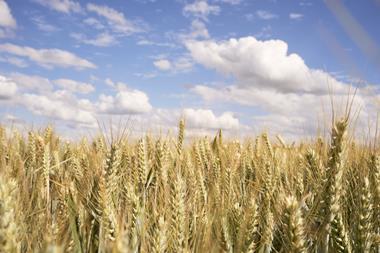
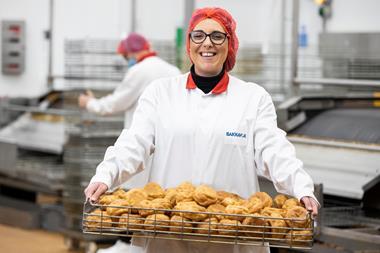
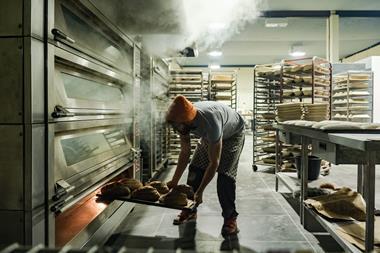
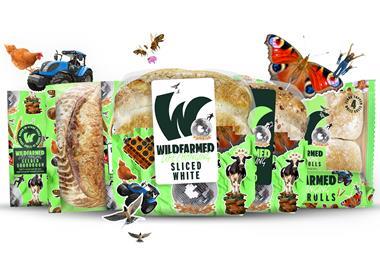
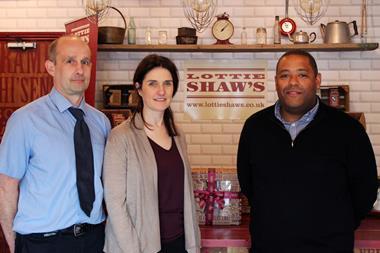
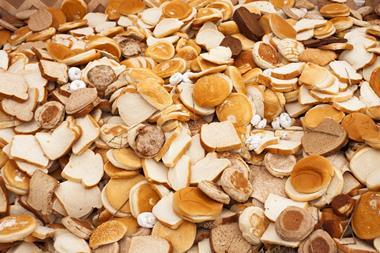
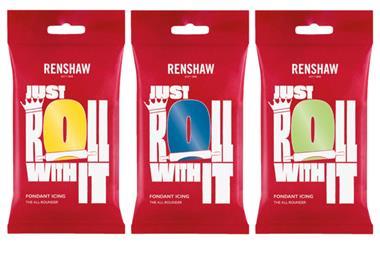


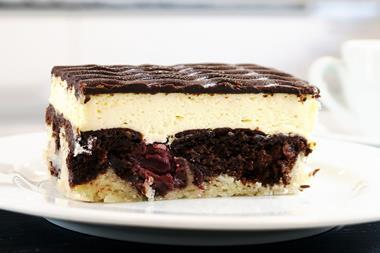
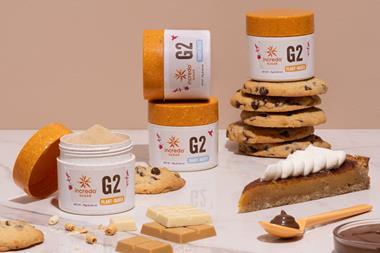
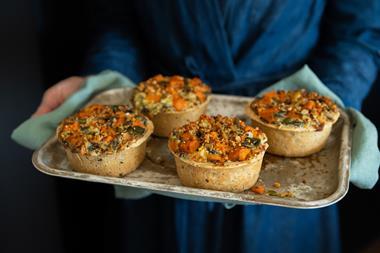

No comments yet